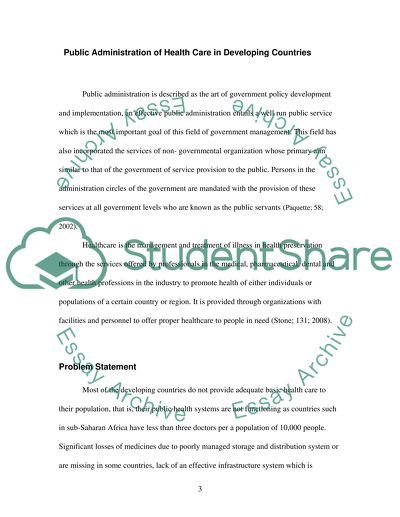Cite this document
(Public Administration of Health Care in Developing Countries Research Proposal, n.d.)
Public Administration of Health Care in Developing Countries Research Proposal. Retrieved from https://studentshare.org/nursing/1523415-public-administration-msc-area
Public Administration of Health Care in Developing Countries Research Proposal. Retrieved from https://studentshare.org/nursing/1523415-public-administration-msc-area
(Public Administration of Health Care in Developing Countries Research Proposal)
Public Administration of Health Care in Developing Countries Research Proposal. https://studentshare.org/nursing/1523415-public-administration-msc-area.
Public Administration of Health Care in Developing Countries Research Proposal. https://studentshare.org/nursing/1523415-public-administration-msc-area.
“Public Administration of Health Care in Developing Countries Research Proposal”, n.d. https://studentshare.org/nursing/1523415-public-administration-msc-area.


